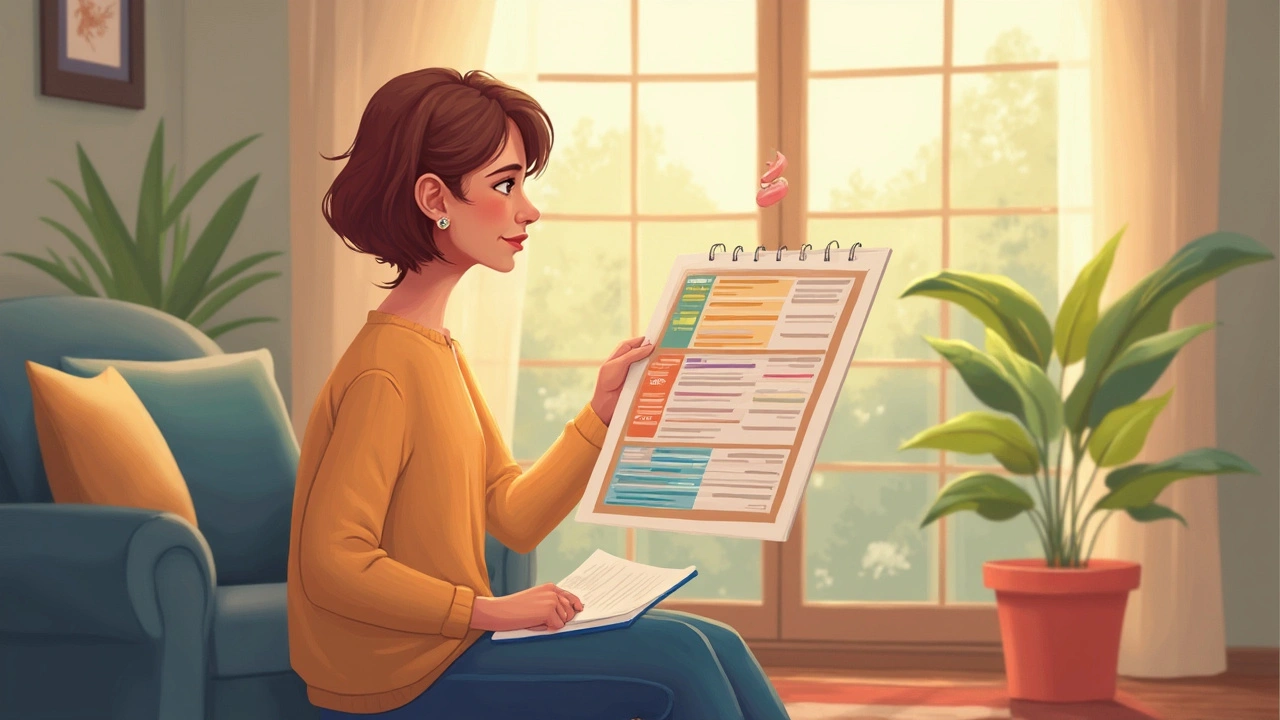Feeling down sometimes is normal, but when sadness sticks around and messes with everyday life, it might be depression. The good news? Depression treatment works, and there are ways to start feeling better. Whether you want to try medication, therapy, or lifestyle changes, knowing what’s out there can make a big difference.
One common way to treat depression is with medication. Antidepressants like selective serotonin reuptake inhibitors (SSRIs) can help balance brain chemicals that affect mood. You might wonder about side effects—some people feel a bit tired or have mild nausea, but doctors usually find a medication that fits your body. It often takes a few weeks to notice real changes, so sticking with the treatment and communicating with your doctor is key.
Besides SSRIs, other meds such as serotonin-norepinephrine reuptake inhibitors (SNRIs), or even older types like tricyclic antidepressants, might be options. Your doctor will tailor the choice based on your symptoms and health. Sometimes, combining medication with therapy offers the best results.
Talking to a professional—like a psychologist or counselor—can help you understand and manage your feelings. Cognitive-behavioral therapy (CBT), for example, teaches practical ways to change negative thought patterns. Therapy doesn’t just help during tough times; it can build skills to handle future challenges better.
Don’t underestimate small lifestyle changes. Regular exercise, decent sleep, and balanced meals support your brain health and mood. Some people find mindfulness or meditation useful to calm anxious thoughts. Connecting with friends or support groups can lift you up when depression tries to pull you down.
Remember, treatment looks different for everyone. What worked for a friend might not fit you perfectly, and that’s okay. The important part is reaching out for help and working with health professionals to find the right mix for your recovery.
If you or someone you know struggles with depression, know that it's treatable and support is available. Starting the conversation is the first, brave step toward feeling like yourself again.

Exploring what to do when citalopram doesn’t seem right for you? This article breaks down ten practical alternatives, from other meds to lifestyle tweaks and therapy. Find out what sets each one apart, learn their pros and cons, and get straightforward tips to help you choose. Whether side effects, cost, or personal preference is your concern, there’s likely something here for you. Helpful comparison points included at the end to make your decision easier.
Apr 20 2025
Menu